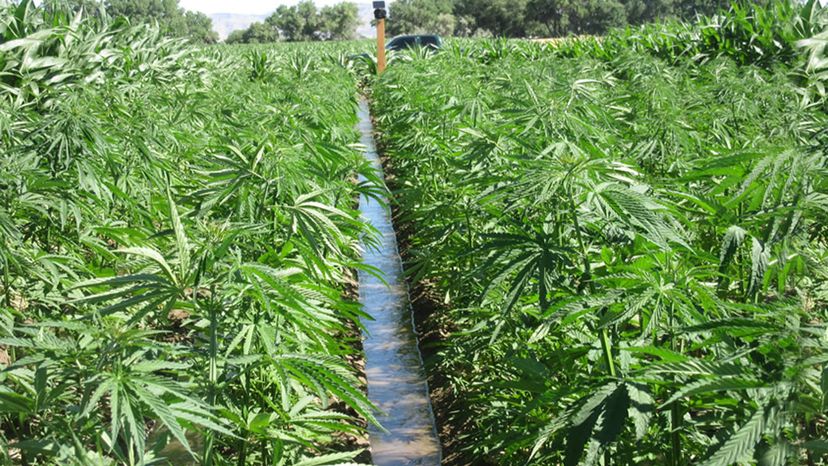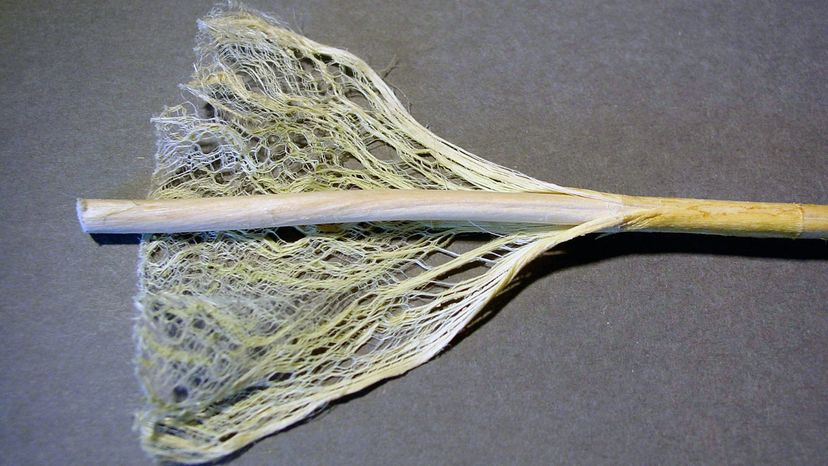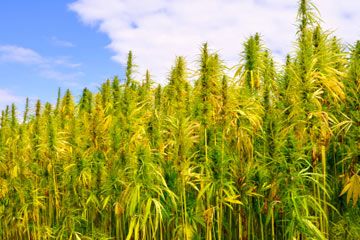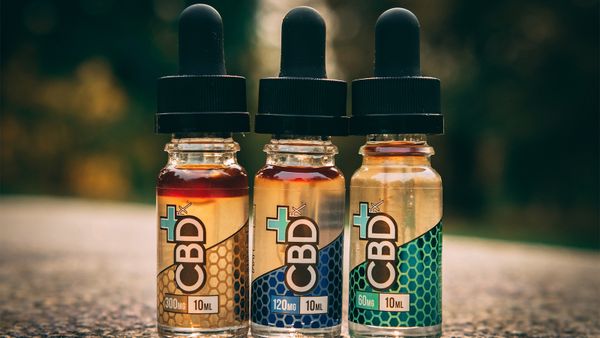Cory Sharp is the CEO of HempLogic, which provides services — from "seed to sale," the website claims — to fledgling hemp farmers.
"My web traffic quadrupled right after [the farm bill] passed. I'm getting 50 emails a day when I was getting 10. There's a lot of excitement," Sharp says. "I get asked this all the time: 'Does it feel like a gold rush?' Yes, it absolutely feels like a gold rush, and I'm the guy supplying the shovels and the wagons and the supplies."
A 2014 law allowed the growing of hemp by states and some universities for research. (The year before, forward-thinking Colorado allowed a farmer to grow a hemp crop — the first crop in decades — in a closely watched experiment.) By 2017, 19 states were growing hemp on some 25,000 acres, about three times more acreage than the year before.
Now, with the passage of the new farm bill, the shackles are off. "It's going to blow," Sharp says. "It's wide open. It's the wild, wild west."
In 2017, growing hemp was an $820 million industry in the U.S., according to Eric Steenstra, the president of the advocacy group Vote Hemp. In 10 years, there's no telling how much that might balloon.
"We're going to see a multibillion industry. We're going to see hemp become a full commodity, where it's not now — it's not a huge crop, not traded on the exchanges, that kind of thing," Steenstra says. "I think we're going to see hemp growing, hopefully, across all 50 states. I think we will see markets developing products in new ways to use this crop, in ways previously not thought of ... I think we're going to see this become the No. 1 crop in the U.S. eventually. I believe that."



